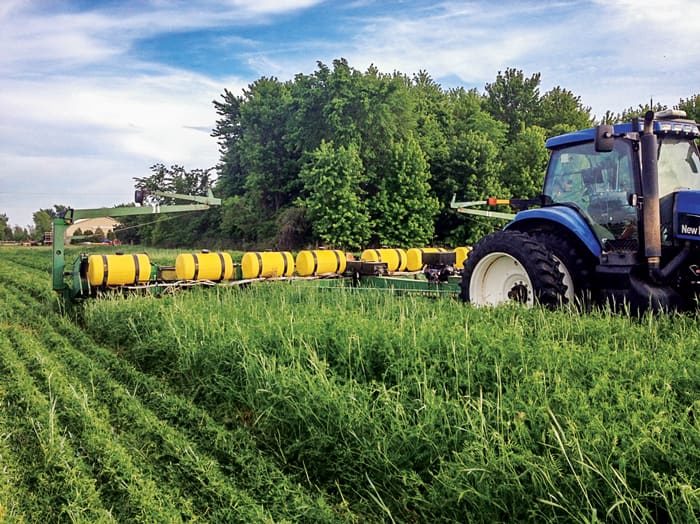No-Till Farmer
Get full access NOW to the most comprehensive, powerful and easy-to-use online resource for no-tillage practices. Just one good idea will pay for your subscription hundreds of times over.

Glyphosate has been invaluable to no-tillers in North America and overseas as an inexpensive, effective tool for not only killing weeds but also terminating cover crops ahead of or after planting.
But a California jury’s decision that exposure to glyphosate was responsible for a groundskeeper’s cancer could have a far-reaching impact on agriculture if governments decide to severely restrict or ban the chemical.
Monsanto Co. is still fighting thousands of lawsuits by consumers claiming glyphosate causes cancer, and suppliers and even farmers are beginning to feel pressure from consumer groups about carrying or using products with the chemical.
The International Agency for Research on Cancer (IARC) first classified glyphosate as “probably carcinogenic to humans” in 2015. Two years later, the EPA released a risk assessment classifying glyphosate as “not likely to be carcinogenic to humans.”
A majority of regulators around the world have since sided with EPA, including Australia and New Zealand. European Union regulators voted to re-license glyphosate this year, but critics say the decision was based on plagiarized text from a Monsanto report.
In November 2017 French president Emmanuel Macron rejected a European Commission decision to reapprove the use of glyphosate…